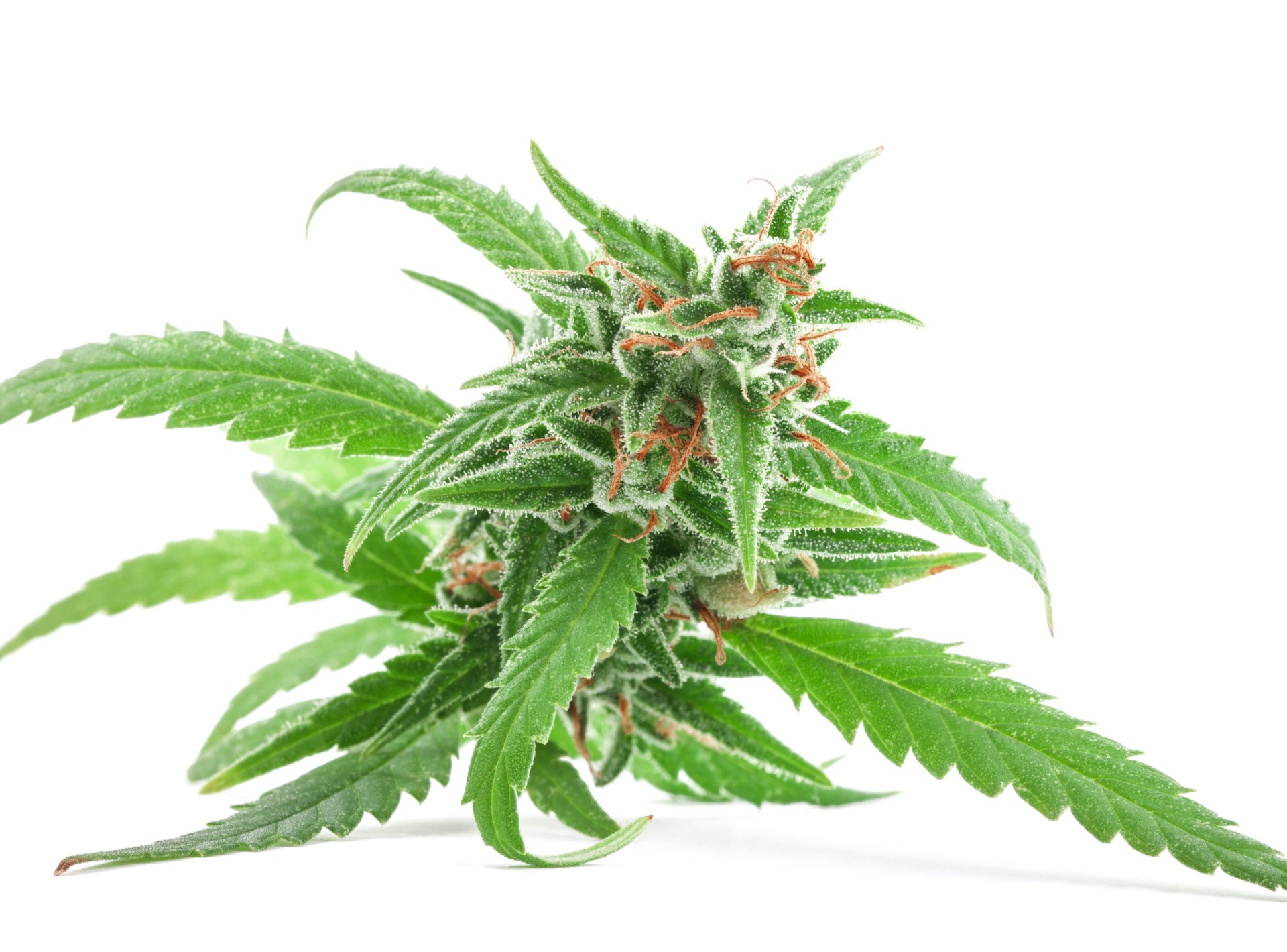 New research from the UK has suggested that the dramatic increase in the number of people seeking treatment for cannabis addiction could be a result of the drug’s steadily increasing potency, as new strains are developed to meet international demand.
New research from the UK has suggested that the dramatic increase in the number of people seeking treatment for cannabis addiction could be a result of the drug’s steadily increasing potency, as new strains are developed to meet international demand.
Cannabis potency refers to the concentration of the key psychoactive drug tetrahydrocannabinol (THC), and data from the European Monitoring Centre for Drugs and Drug Addiction has shown a 76% increase in people entering treatment for cannabis addiction over the past decade.
Researchers from the Addiction and Mental Health Group at the University of Bath analysed the relationship between cannabis potency, levels of addiction and mental health problems, drawing on 20 studies involving some 120,000 people, including their own prior research, which showed that the strength of cannabis has increased significantly.
Their latest findings, published July 25th in The Lancet Psychiatry, demonstrated that people who used high potency cannabis were more likely to experience addiction than those using low potency products, as well as being more likely to experience a psychotic disorder such as schizophrenia.
Lead author Kat Petrilli, from the University of Bath’s Department of Psychology, said that their research may help to explain why more people have received treatment for cannabis problems over recent years.
“[The] cannabis used today is typically much stronger than previously,” Ms Petrilli said.
“Our systematic review found that people who use such higher potency cannabis could be at increased risks of addiction as well as psychosis, when compared to people who use cannabis products with lower potencies.”
Based on these results, the authors argue that public health guidelines and policies to help make cannabis use safer should be implemented, with such strategies used to inform how the drug is regulated, both in the UK and internationally.
“These results are important in the context of harm reduction which aims to minimise the negative consequences associated with drug use,” Ms Petrilli said.
“While the safest level of use for cannabis is of course ‘no use’, it is important to acknowledge that a significant number of people across the world use cannabis regularly and to ensure they can make informed decisions that could reduce any possible harms associated with it.”
After alcohol and nicotine, cannabis is the most widely used drug globally and although recreational cannabis use remains illegal in Australia and the UK, cannabis products are now legally sold for recreational use in Canada, Uruguay, and parts of the USA, with several other countries appearing set to follow this trend.
Co-author, Dr Tom Freeman explained that countries considering legalisation could help people who use cannabis to reduce their risk of harm by encouraging the preferential sale of lower potency products.
“In places where cannabis is legally sold, providing consumers with accurate information on product content and access to lower potency products could help people to use cannabis more safely,” he said.

